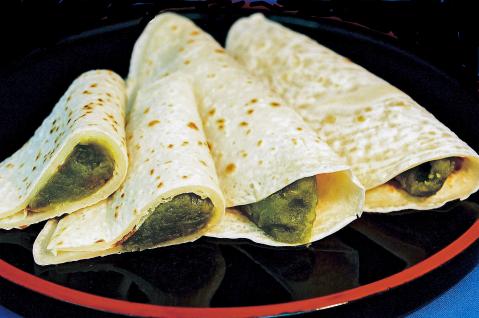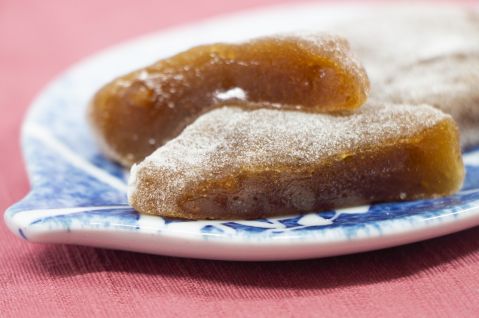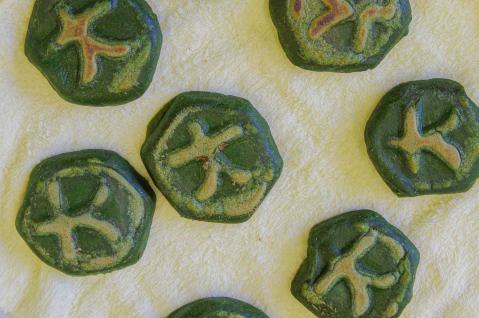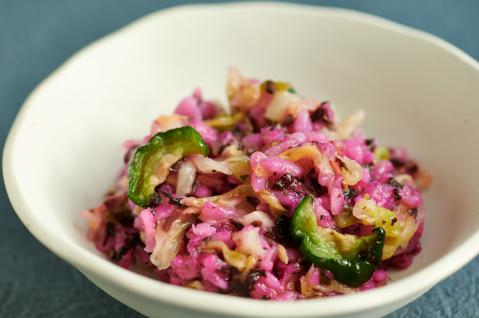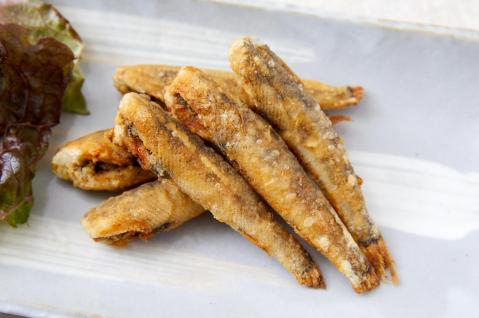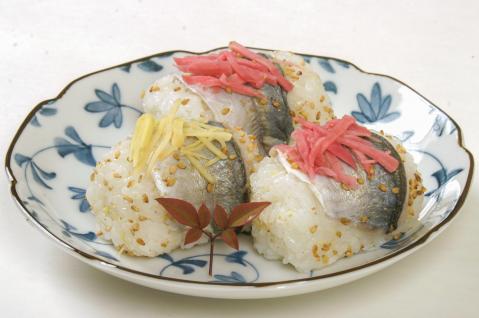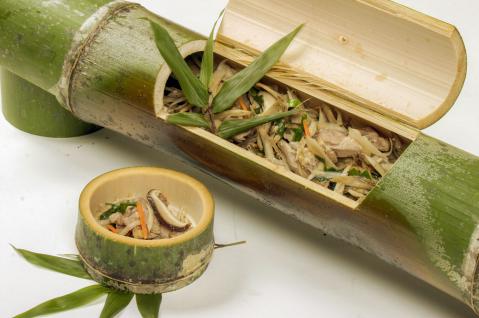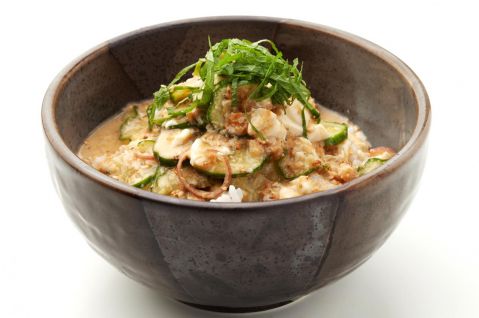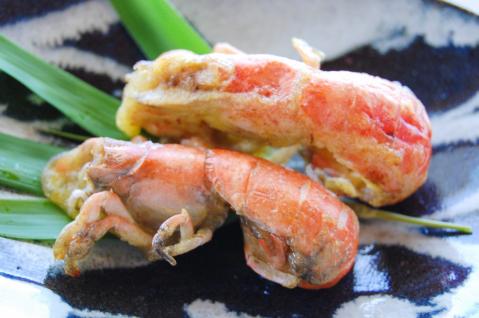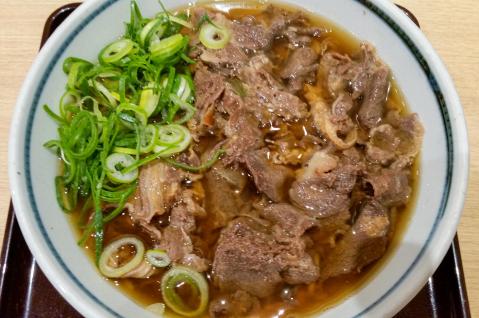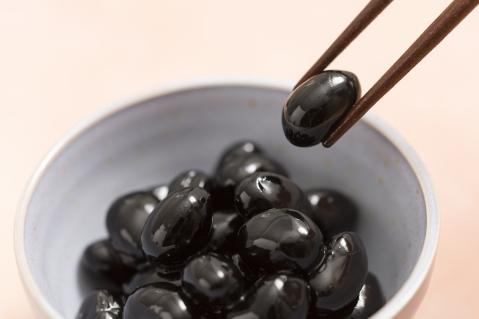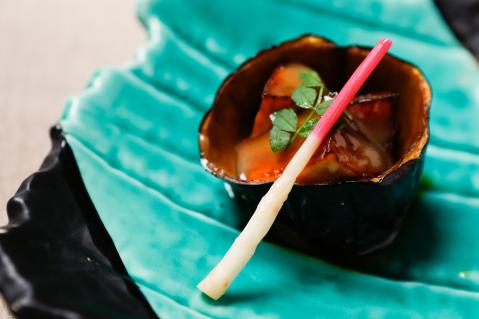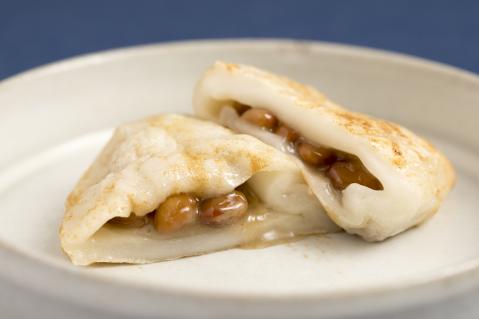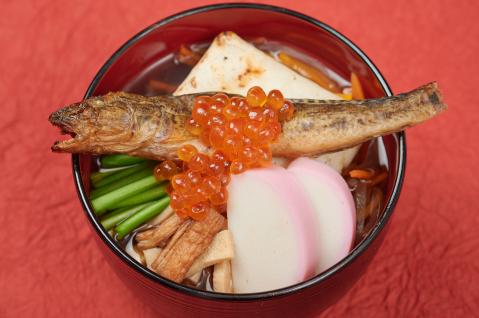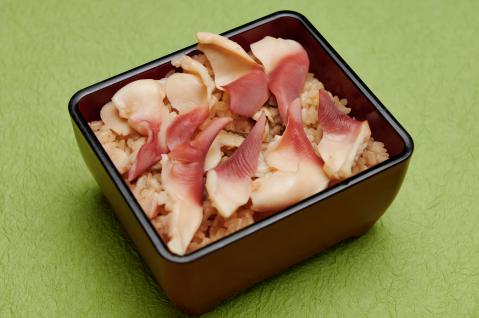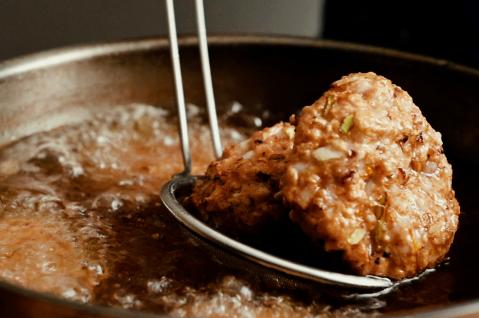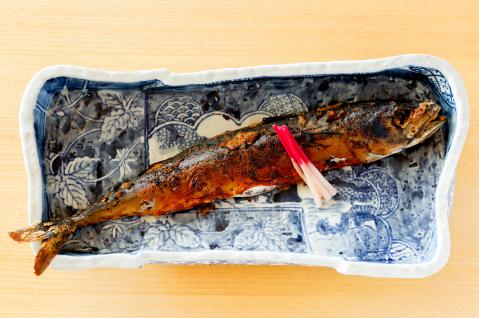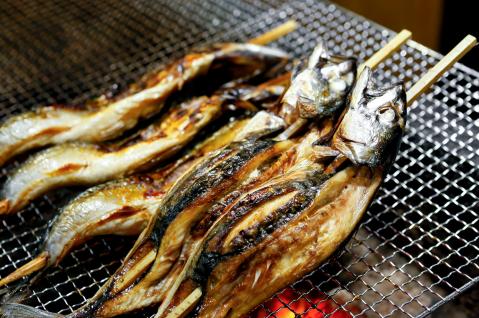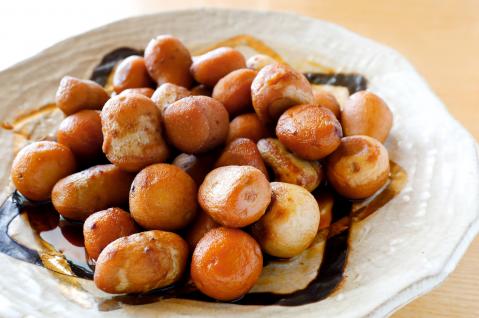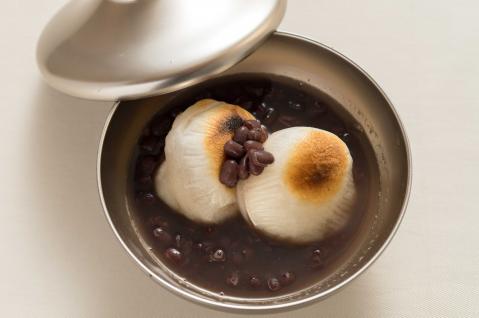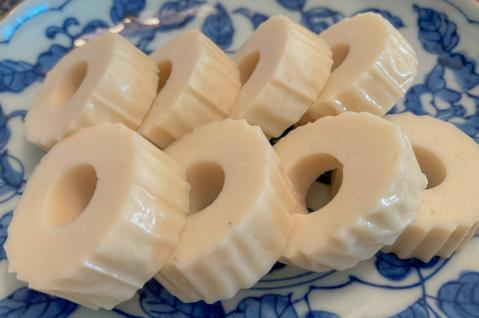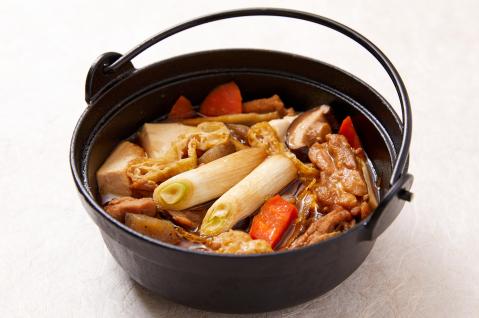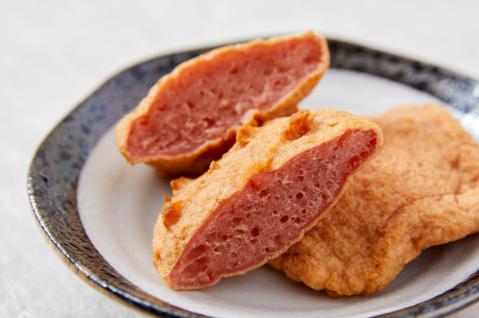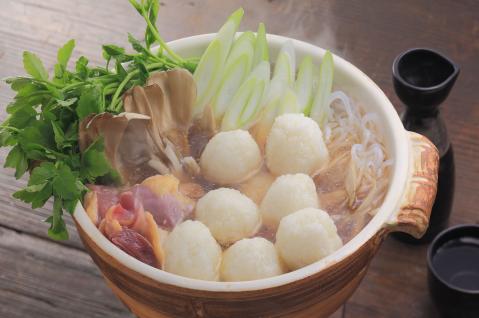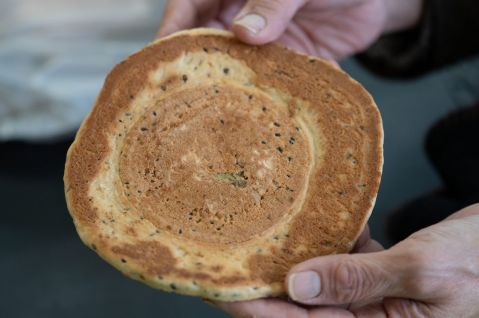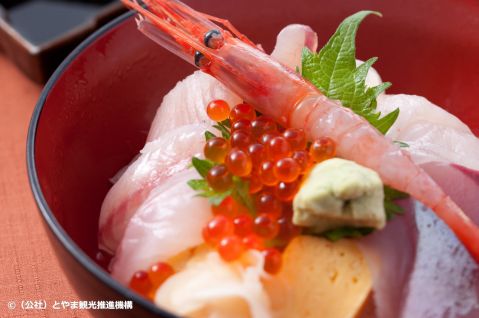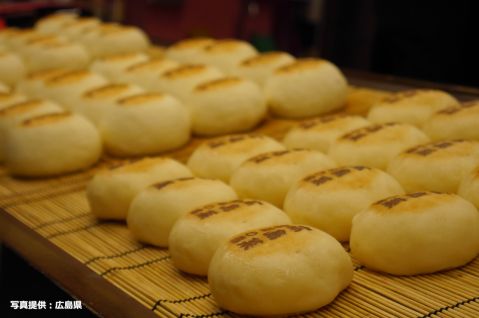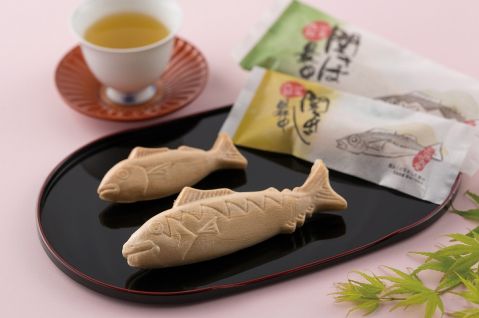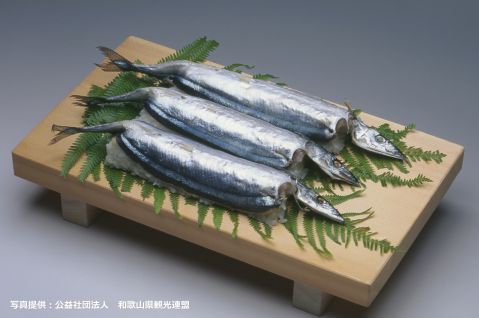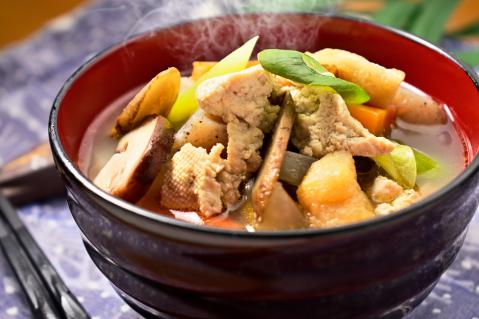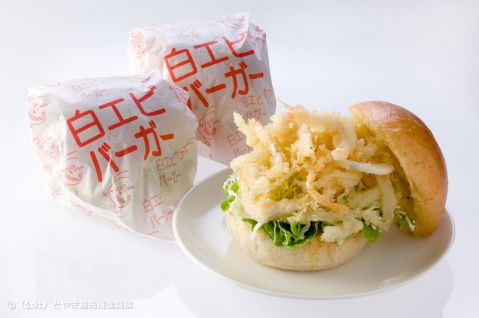New Articles
Shikishiki
Shikishiki (しきしき, Shikishiki) is a traditional snack beloved in the areas of Katsuragi-Taima and Shinjou in Nara Prefecture. It’s a crepe-like delicacy made by mixing locall...
Tochi Mochi
Tochi Mochi (栃餅, tochi mochi) is made from tochi nuts, which are known for their strong astringency and intense bitterness when eaten raw. The raw nuts are so potent that they...
Wakasa Oyaki
Wakasa Oyaki (若桜のおやき, Wakasa oyaki) is a beloved regional treat with deep cultural roots in Wakasa Town, Tottori Prefecture. Every May, the "Wakasa Shrine Grand Festiva...
Sushiko
Sushiko (すしこ) is a traditional dish from the Tsugaru region, specifically enjoyed in the northwestern areas near the Sea of Japan. This unique and uncommon dish is made by st...
Deep-Fried Mehikari
Deep-Fried Mehikari (めひかりの唐揚げ, Mehikari no karaage) features Mehikari, a small fish measuring 5 to 15 cm, caught at depths of around 300 meters off the coast of Nobeoka ...
Fish Sushi
Fish Sushi (魚ずし, Uozushi) refers to a traditional style of whole fish sushi, often made with mackerel or horse mackerel. Commonly known as saba sushi or aji sushi, it is a sp...
Kappo Chicken
Takachiho, a town in Miyazaki Prefecture known for its myths and legends, is home to a unique dish called Kappo Chicken (かっぽ鶏, Kappo-dori). In this region, bamboo is referre...
Hiyashiru
Hiyashiru (冷や汁, hiyashiru) is a refreshing traditional dish from Miyazaki Prefecture, which faces the Pacific Ocean. Fresh fish such as horse mackerel, barracuda, and sea bre...
Shaku Tempura
Shaku Tempura (シャクの天ぷら, Shaku Tempura) is a beloved summer specialty of Kumamoto Prefecture, made from "shaku" (scientific name: Upogebia major), a crustacean that inhabi...
Horse Meat Soba
Horse Meat Soba (馬肉蕎麦, Baniku soba) is one of Kumamoto Prefecture’s signature traditional dishes, particularly cherished in the Aso region. Kumamoto ranks first nationwide i...
Hone Kajiri
Hone Kajiri (骨かじり, Hone kajiri) is a traditional dish from the Hitoyoshi-Kuma region, particularly the Oku-Kuma area (Kamikuma, Yunomae Town, Taragi Town, and Mizukami Villa...
Simmered Black Soybeans
Simmered Black Soybeans (黒豆煮, Kuromame-ni) is a traditional dish made using black soybeans primarily grown in the Tanba region, including Kyotanba Town and Nantan City. The h...
Kamo Eggplant Dengaku
Among Kyoto's traditional vegetables, Kamo eggplant (賀茂なす, Kamo nasu) stands out as a favorite. Recognizable by its round shape exceeding 10 cm (4 inches) in diameter, it ha...
Natto Mochi
Natto Mochi (納豆餅, Natto mochi) is a cherished dish with deep roots in Japan's culinary history. While the exact origin of natto remains a topic of debate, Kyoto Prefecture is...
Sendai Zoni
Sendai Zoni (仙台雑煮, Sendai zōni) is a traditional New Year’s soup that has been enjoyed since the late Edo period. This festive dish is notable for its large grilled goby fis...
Hokkimeshi
Hokkigai (ホッキ貝, North Pacific surf clam), officially known as ubugai, is a large bivalve mollusk. With its impressive size and exquisite taste, it has earned the nickname "K...
Squid Patties
Squid Patties (イカメンチ, Ikamenchi) is a traditional home-style dish from the Tsugaru region. It originated from the practice of using squid “tentacles” (leftover from prepari...
Whole Grilled Mackerel
Whole Grilled Mackerel (丸焼き鯖, Maru-yaki Saba) is a traditional dish from the Wakasa region of Fukui Prefecture, an area known for its rich culinary history. During the Asuka...
Satoimo no Koroni (Simmered Taro)
Satoimo no Koroni (里芋のころ煮, Simmered Taro) is a staple vegetarian dish traditionally served during Houonkou, the largest annual event in Jodo Shinshu Buddhism held from aut...
Azuki Zoni
New Year’s zoni (雑煮, zōni), a traditional soup dish, varies greatly across Japan, reflecting the unique flavors of each region. In Tottori Prefecture, the most common style is...
Tofu Chikuwa
Tofu Chikuwa (とうふちくわ, Tofu chikuwa) is a unique local delicacy found mainly in the central and eastern regions of Tottori Prefecture. Unlike traditional chikuwa made from ...
Kind of food
Recommended
-
![Damako Hot Pot]()
Damako Hot Pot
Akita / >Nabe dish -
![Oishiyaki]()
Oishiyaki
Mie / >Local cuisine -
![Toyama Seafood Donburi]()
Toyama Seafood Donburi
Toyama / >Don dish -
![Anago Manju]()
Anago Manju
Hiroshima / >Local cuisine -
![Seki Aji & Seki Saba Monaka]()
Seki Aji & Seki Saba Monaka
Oita / >Local cuisine -
![Sanma Sushi]()
Sanma Sushi
Wakayama / >Sushi -
![Kenchin Soup]()
Kenchin Soup
Tochigi / >Nabe dish -
![White Shrimp Burger]()
White Shrimp Burger
Toyama / >Local cuisine
